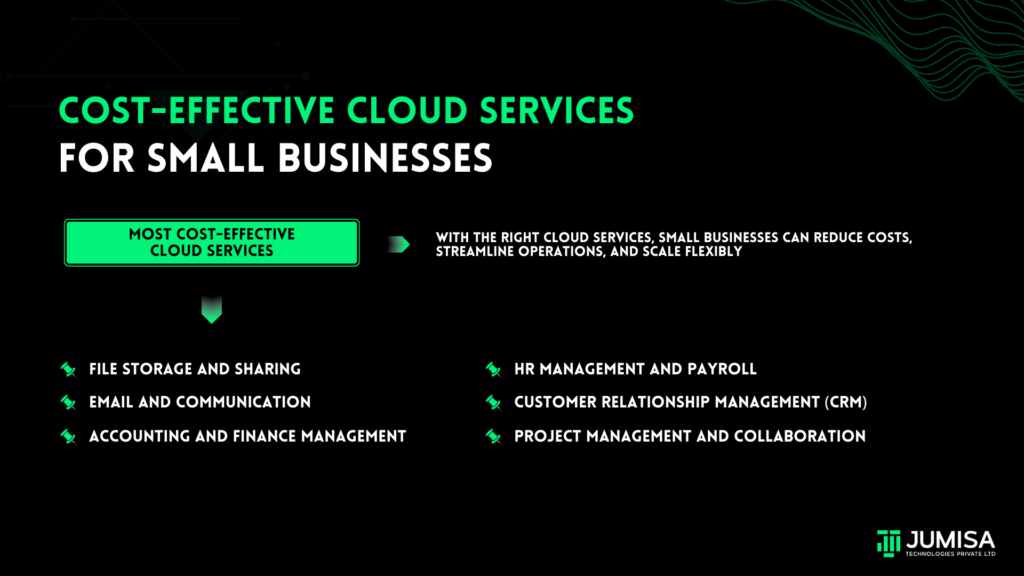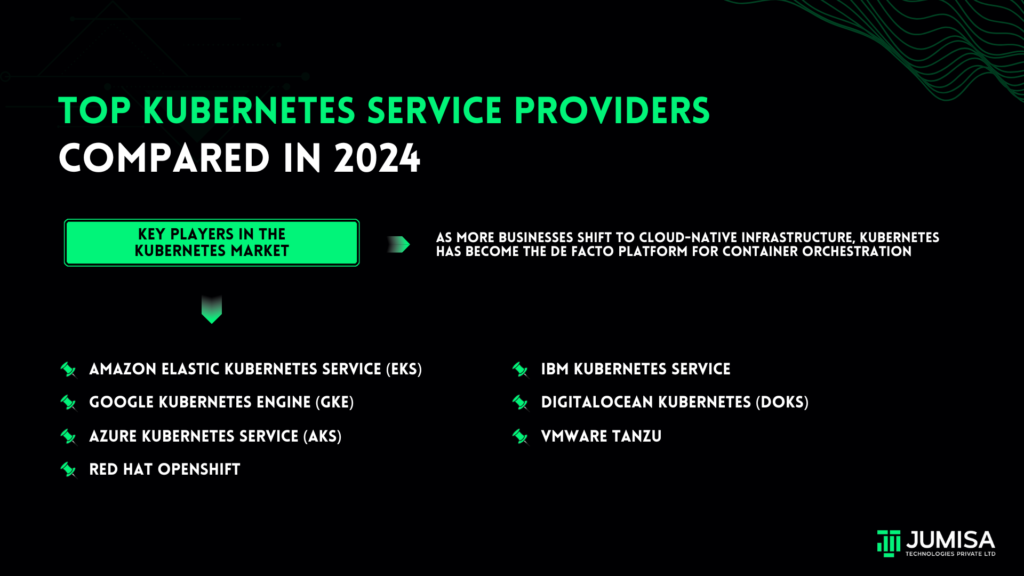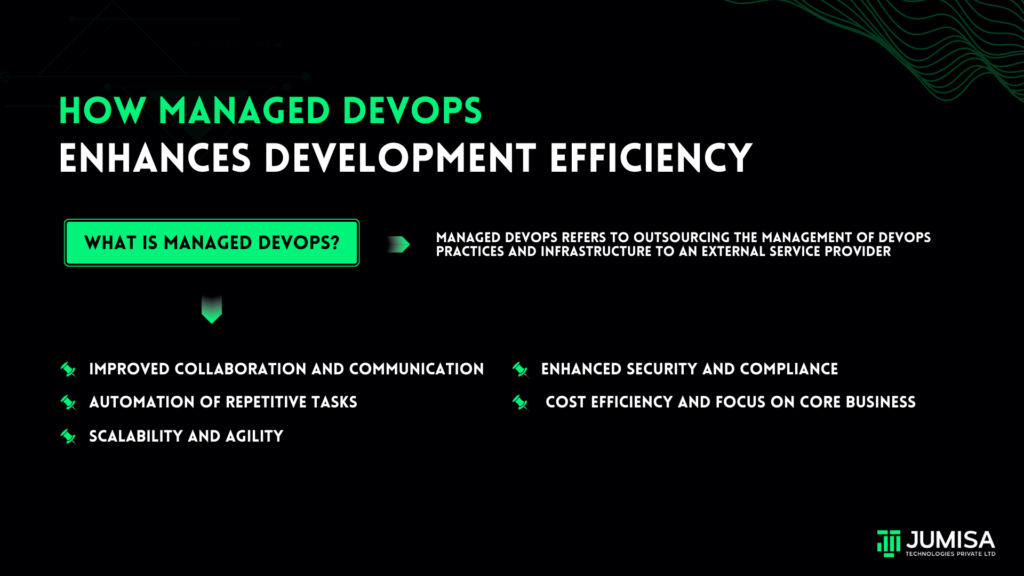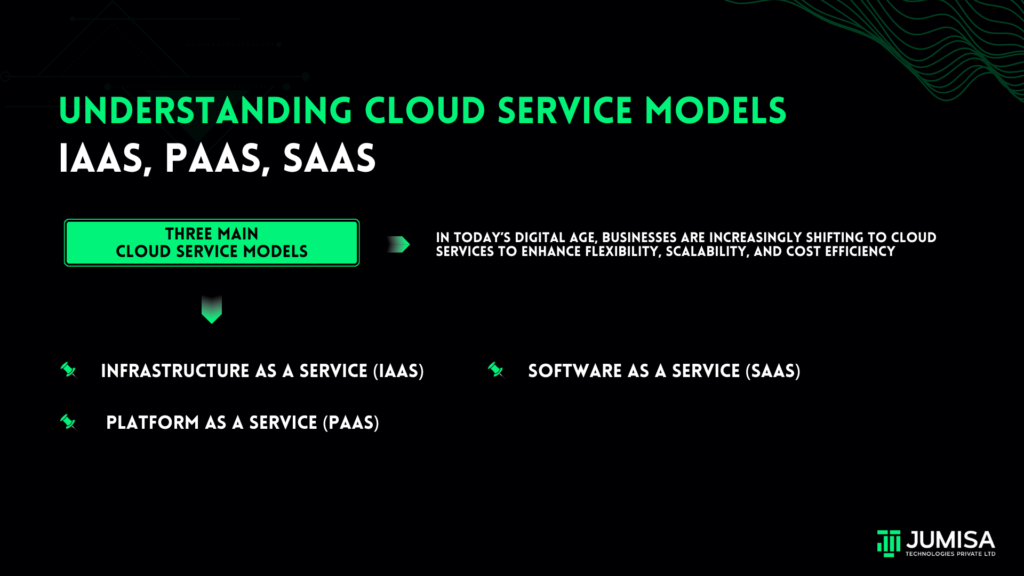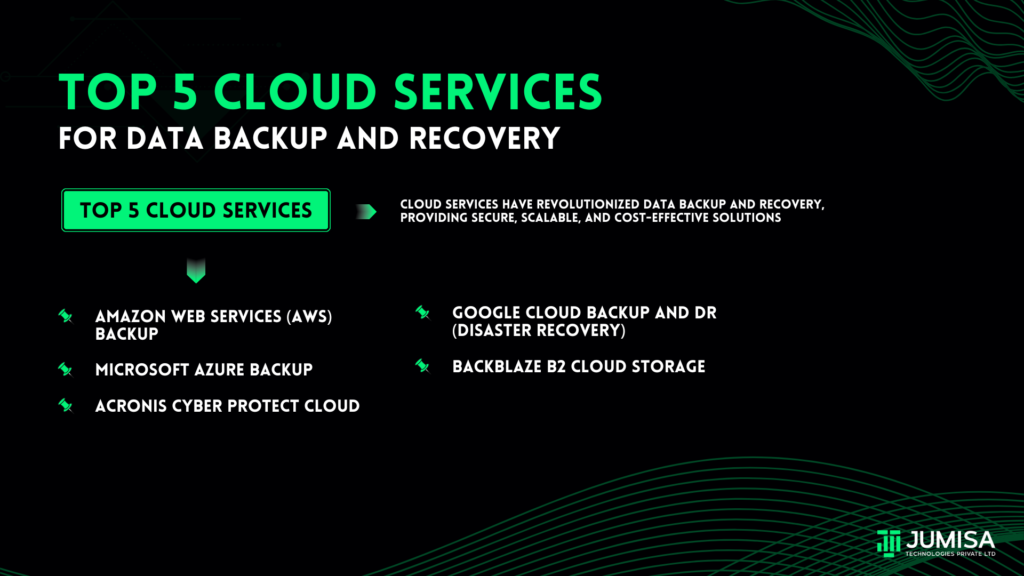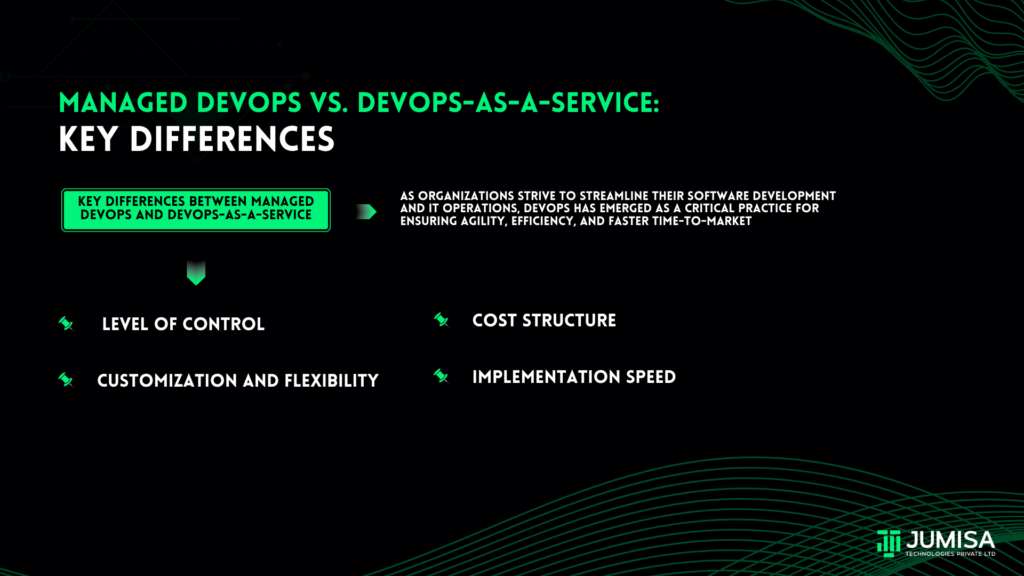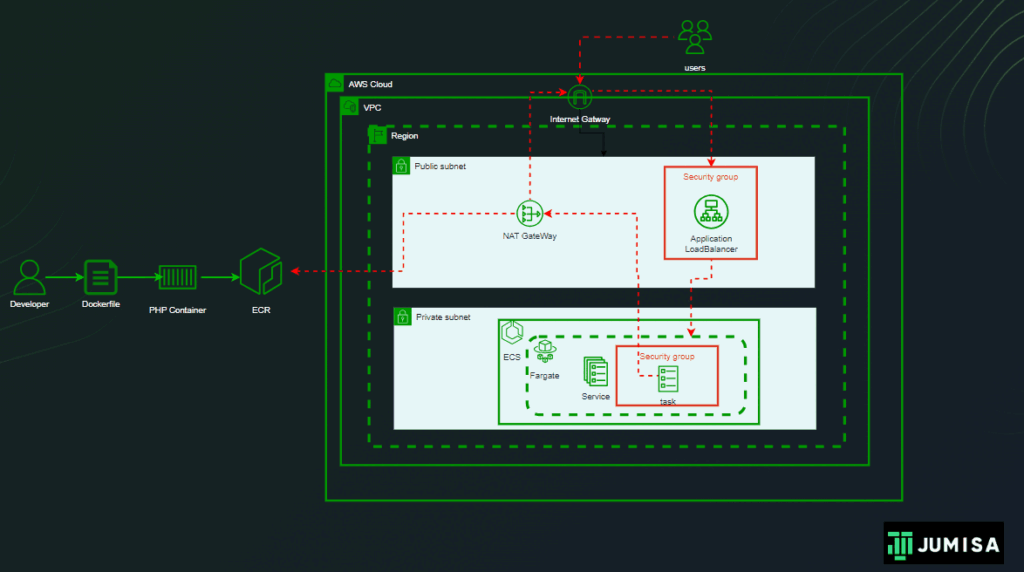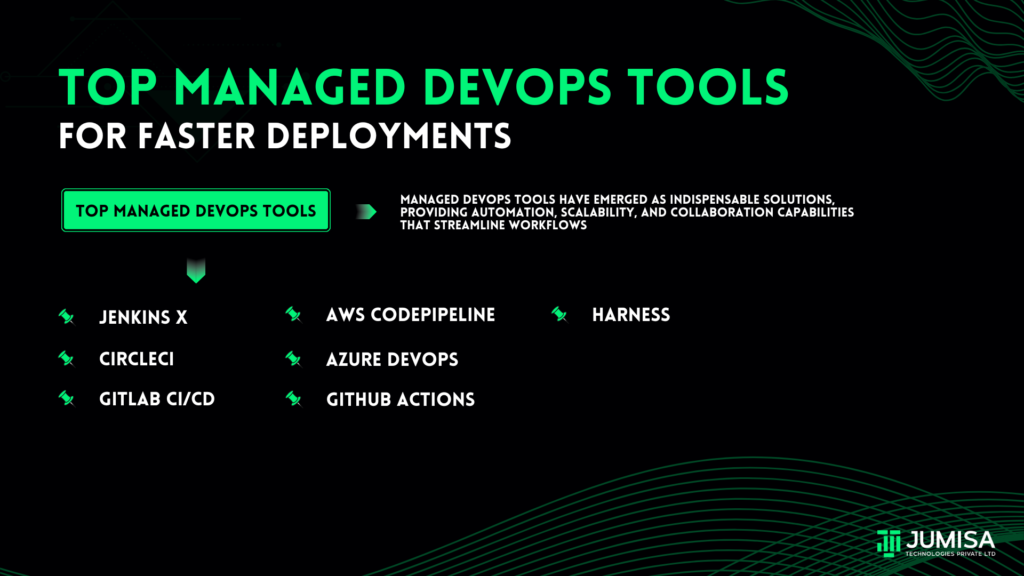
In today’s fast-paced software development landscape, the need for faster, more reliable deployments has never been more crucial. Managed DevOps tools have emerged as indispensable solutions, providing automation, scalability, and collaboration capabilities that streamline workflows. Here, we explore the top managed DevOps tools that can help accelerate deployment cycles, improve productivity, and enhance overall software quality.
1. Jenkins X
Jenkins X, a cloud-native evolution of the popular Jenkins automation server, offers a powerful solution for continuous integration (CI) and continuous delivery (CD) in cloud-based environments. It integrates with Kubernetes and supports multiple languages and pipelines, making it ideal for teams working in containerized ecosystems.
One of Jenkins X’s standout features is its support for GitOps, where configuration and deployment tasks are managed through Git repositories. This enables fast, consistent deployments while maintaining version control. Automated environments for testing, staging, and production pipelines further reduce errors, leading to more rapid releases.
Key Features:
– Seamless Kubernetes integration
– Automated previews for pull requests
– Built-in GitOps for easier environment management
– Extensible CI/CD pipelines
2. CircleCI
CircleCI is a robust managed CI/CD platform known for its speed, flexibility, and automation capabilities. Designed for fast feedback and high-performance development, CircleCI integrates with multiple cloud providers and container orchestration tools, allowing developers to easily build, test, and deploy applications in parallel.
With its ability to run jobs across multiple containers or virtual machines simultaneously, CircleCI helps reduce bottlenecks in deployment pipelines, ensuring rapid testing and releases. Additionally, it offers advanced caching and optimization features that can further accelerate development cycles.
Key Features:
– Fast execution through parallelism
– Extensive integrations with cloud and DevOps tools
– Customizable workflows
– Built-in Docker support
3. GitLab CI/CD
GitLab is an all-in-one platform offering integrated DevOps capabilities, including CI/CD, code repository management, and issue tracking. Its managed CI/CD solution simplifies the development process by allowing teams to create pipelines directly within GitLab, enabling seamless code collaboration, testing, and deployment.
GitLab’s CI/CD pipelines are highly configurable, allowing teams to define stages for code building, testing, and deployment with fine-grained control over each step. It also supports containerized environments, making it ideal for microservices architectures and complex systems that rely on Docker and Kubernetes.
Key Features:
– Built-in CI/CD within GitLab’s platform
– Easy integration with Docker and Kubernetes
– Real-time monitoring and logging
– Flexible pipeline configuration
4. AWS CodePipeline
AWS CodePipeline is a fully managed continuous delivery service designed to help developers automate the build, test, and deployment phases of their software release process. By integrating with other AWS services like CodeBuild, CodeDeploy, and Lambda, CodePipeline enables highly scalable and automated delivery workflows.
One of the key advantages of AWS CodePipeline is its seamless integration with the AWS ecosystem, making it a natural choice for teams using Amazon Web Services for their infrastructure. It also supports third-party tools such as Jenkins, GitHub, and Bitbucket, making it adaptable to a variety of environments.
Key Features:
– Fully managed by AWS, reducing operational overhead
– Tight integration with AWS services
– High availability and scalability
– Support for custom workflows using third-party tools
5. Azure DevOps
Microsoft’s Azure DevOps is a comprehensive suite of tools designed to facilitate the entire software development lifecycle. With features like Azure Pipelines for CI/CD, Azure Repos for version control, and Azure Boards for project management, it’s an end-to-end solution for teams looking to streamline their DevOps workflows.
Azure Pipelines, in particular, supports continuous delivery across multiple environments, enabling developers to automate deployments to Azure, AWS, Google Cloud, or on-premises servers. It’s highly flexible, allowing integration with open-source tools and services, which is why it’s a favorite among enterprises.
Key Features:
– End-to-end DevOps lifecycle management
– Integration with multiple cloud providers and on-premise solutions
– Built-in CI/CD and version control
– Supports containerization and microservices
6. GitHub Actions
GitHub Actions has emerged as a popular choice for teams that already use GitHub for version control. It allows you to automate, customize, and execute CI/CD workflows directly from your GitHub repositories. Developers can build, test, and deploy code in response to GitHub events like push, pull requests, or releases.
GitHub Actions’ tight integration with the GitHub platform ensures that it’s easy to set up and manage, while offering flexibility for creating complex workflows. It also supports containerized jobs using Docker, which enables the testing and deployment of applications in isolated environments.
Key Features:
– Native integration with GitHub
– Easy setup and customizable workflows
– Supports multi-cloud deployments
– Built-in support for Docker
7. Harness
Harness is a next-generation CI/CD platform that uses machine learning and automation to simplify software delivery. It enables teams to automate complex deployments and rollback procedures, reducing the risk of errors and downtime. Harness also offers cost visibility, helping teams optimize resource usage during deployment.
One of the standout features of Harness is its emphasis on continuous verification, using real-time monitoring and AI-driven analytics to ensure that deployments are stable and performing as expected. This can drastically reduce the time spent troubleshooting and resolving deployment issues.
Key Features:
– AI-driven continuous verification
– Advanced deployment strategies (blue/green, canary, etc.)
– Easy rollback features
– Cost optimization insights
Conclusion
Faster, more efficient software deployment is crucial for maintaining a competitive edge in today’s market. By leveraging managed DevOps tools, teams can automate repetitive tasks, reduce human error, and streamline the entire development lifecycle. From Jenkins X’s GitOps approach to Harness’ AI-powered deployment verification, these tools empower development teams to focus on building great software while ensuring swift, reliable releases.
The key to choosing the right tool is understanding your team’s specific needs, the complexity of your environment, and the level of automation required. Regardless of the tool you choose, the end goal remains the same: faster deployments, higher quality software, and happier development teams.

